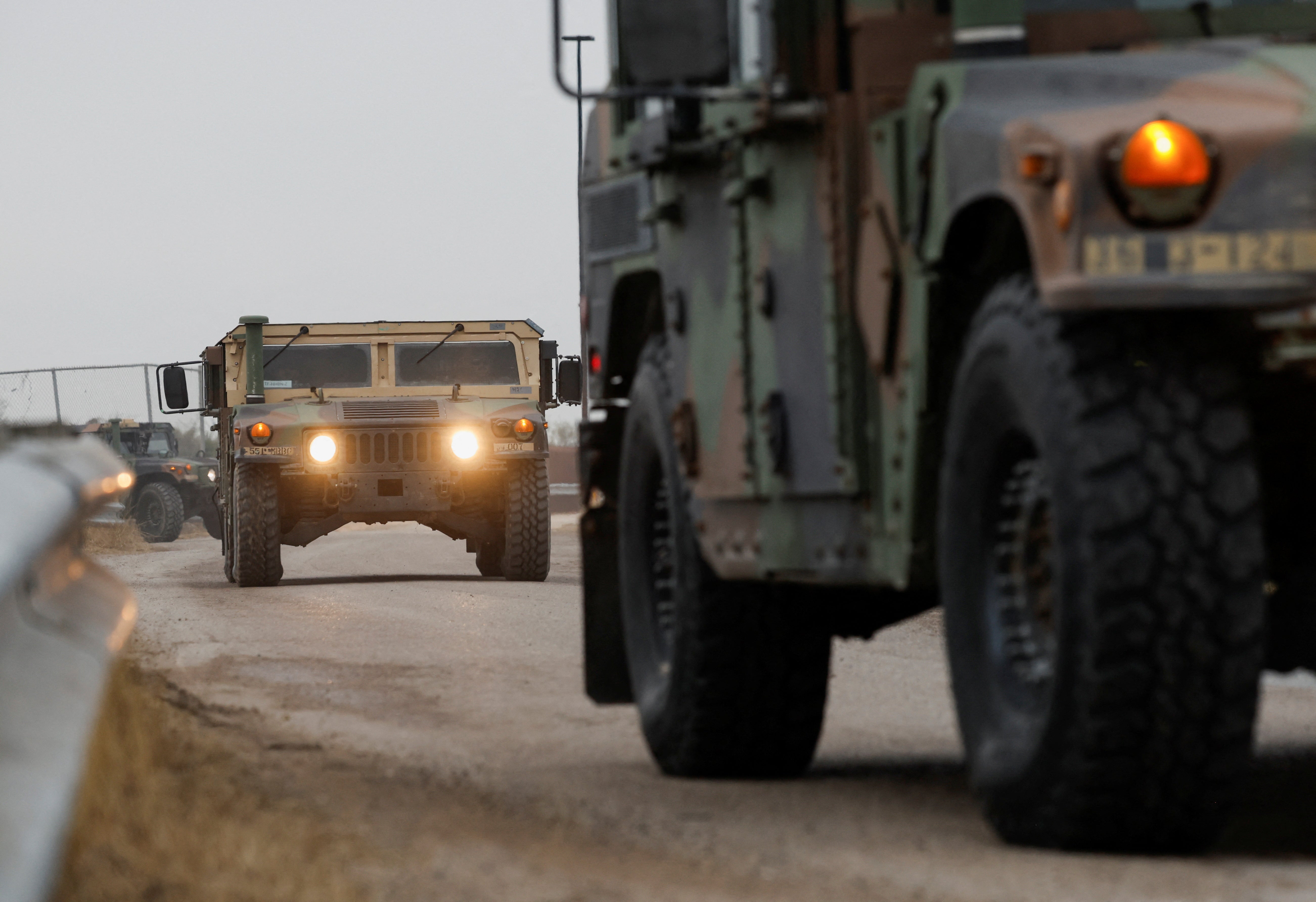On the morning of October 4, Wendy J. Rodriguez, 44, was driving to work in El Paso, Texas, after her dropping her children off at daycare.
As she approached the intersection of Artcraft and Upper Valley roads, a car sped through a red light and rammed her vehicle.
The driver, U.S. citizen Joseph Anthony Maldonado, 17, was being chased by Texas state troopers, on suspicion of human smuggling. Rodriguez died of her injuries, the El Paso Times reports.
As Donald Trump looks to carry out his campaign promise of deporting millions of people, the White House plans to lean on state and local law enforcement as a key partner.
In Texas, where Governor Greg Abbott has closely mirrored his Republican ally’s priorities on the border — erecting military-style barriers and surging money and troops to the boundary line — data paints a troubling picture of what stepped up police involvement in immigration can look like.
Since 2021, according to newly released Human Rights Watch data, there have been at least 106 deaths and over 300 injuries in car chases involving Texas Department of Public Safety troopers and local law enforcement in counties participating in Operation Lone Star, Abbott’s signature $11 billion effort to create a state-level immigration enforcement machine alongside the federal one.

Nearly 10 percent of those killed in the chases were uninvolved bystanders, per the group.
The vast majority of these chases began based on low-level “traffic violations,” while more than half of the department’s chases causing injuries have been in Lone Star counties.
“To end unnecessary injuries and deaths, many law enforcement agencies nationwide have restricted vehicle pursuits to situations where they are necessary to prevent death, injury, or serious damage to property,” Vicki B. Gaubeca, associate director for US immigration and border policy at Human Rights Watch, said in a statement. “Texas state troopers should consider human life paramount and cease putting people’s lives, including those of Texans and bystanders, at risk.”
The Independent has contacted the Department of Public Safety for comment on the findings.
Concern over the often fatal impact of immigration-related car chases drove the federal Border Patrol to implement new standards in 2023 concerning such pursuits, after incidents like a 2022 chase where a Border Patrol agent used a risky maneuver to block a suspect and caused their vehicle to roll over, killing two people and severely injuring eight others.
Other major law enforcement agencies, like the New York Police Department, have put in place similar new restrictions on car chases over public safety concerns.
Texas officials credit Operation Lone Star with dramatic reductions in illegal border-crossing into the state, but critics say these figures come at a cost.
As The Independent has reported, the surge of state troopers and Texas National Guard personnel has created an atmosphere of fear for Latinos in border counties.
“This is like a rights-free area,” Michelle Serrano, of the local advocacy group Voces Unidas Rio Grande Valley, said late last year. “We’re talking about an area where they freely racially profile us. It feels like a separate but equal situation.”
Despite these concerns, the Trump administration is looking to further entwine state and federal immigration enforcement with local policing.
It has directed the Justice Department to maximize cooperation agreements with local police that studies have shown often take place in hotbeds of racial discrimination by law enforcement.
And the White House is also seeking to cut federal funding to “sanctuary” jurisdictions that limit the extent that local police assist with federal immigration cases.

